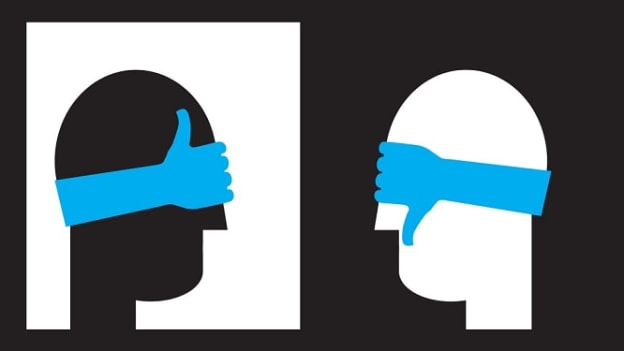Relevance of emotional quotient at diverse & inclusive workplace

Recently, we had the cricket championship for temporary women staff and third-party vendors--labourers, watch women and others-- who never ventured on any sporting ground. They are so used to the exclusion that they have accepted it. This act of inclusion was surprising for them. So, they seized this opportunity, practised even after a day -long excruciating hard manual labour. Over emotional video calls to their family members they proudly recounted their experience and the joy of being treated as an equal. Today, they have become everybody's favourite team.
Interestingly, their opponents were happy to concede defeat to a worthy competition. As a co-traveller on the same bus with them to the after-match party venue, I felt humbled and very proud to have been a part of this change.
This explains why emotional quotient (EQ) is a great leveller for a diverse, equal and inclusive workplace. In my opinion, EQ is the ability to accept all emotions and deal with all emotions appropriately and in moderation. It encourages motivation, self-awareness, respect, interpersonal relationships and a positive attitude. It’s not about staying calm when there is a need to be agitated or vice-versa, but it is about the balance. On the other hand, DEI is about balancing different perspectives. So, what ties both these concepts together is ‘balance.’ Those who value all emotions will value the rationale of DEI.
The past is replete with instances of discrimination and unfortunately, it continues to happen in some pockets on the basis of color, gender etc. The onus of course correction for this historical wrong, therefore is with society and the corporations. How? By encouraging DEI for multiple perspectives and thought processes as it encourages emotional well-being along with high productivity. and aligns with the social objective to include all sections and embrace diversity.
Decoding the success of DEI via EQ within organisations & Leadership
A real leader understands how his/her people want to be led and to drive the positive organisational changes, he needs to be more transparent, vulnerable, precise and bring his people together with shared trust and values. It’s important to encourage and champion initiatives like DEI at the top because that’s where the decision making is done. If it’s not driven by the leadership by ensuring every stakeholder at each level is impacted, the organisational focus will shift to profitability, stakeholders’ interest etc. and DEI –in terms of people development--will not be a priority.
Why talent hiring with high EQ matters
People with high EQ in the organisation are a huge asset. This fosters a culture which encourages awareness, reflection, showing empathy towards colleagues, developing the art of listening rather than responding & treating challenges & failures as learning opportunities. Also, when DEI is the stated agenda of an organisation and it is driven by leadership, it attracts like-minded potential employees who align organisational values, work with the leaders and take the organisation in the right direction. This can be a source of great motivation to their peers.
How emotionally intelligent leaders and colleagues can help create a diverse work culture
According to a recent report published by Harvard Business Review, emotionally intelligent companies are uniquely capable of engaging and empowering their workforces, building purpose-driven cultures and facilitating the cultivation of interpersonal skills that allow employees to “develop innovative solutions on their own.”
Policies are important because they have a legacy and ideology while employees/leaders who implement them come and go. Policies are at two levels: at the macro level, the government sets these policies for the organisations and these have to be complied with and implemented by the organisations. But if the organisations do not have policies at the micro-level, then it will not be conducive. Rather this will be just another tick in the box and there won’t be any real and substantial change.
So for a healthy organisational culture, it’s important to formulate the right policies and hire the right set of people (generally with high EQ) for their successful implementation.
A standard women leadership program must have three key pillars:
- Enablement- which is more about the ideology
- Emancipation- this has to do with EQ
- Environment- which is about organisational policies and culture
Emotionally intelligent leaders understand that people are the actual assets of their organisation. So, they make time to know them better by listening to their stories, understanding their mental and emotional make-up, and appreciating them to create a more inclusive, equal and values-driven work environment. Because, in the end, regardless of our differences we are all equal.
















